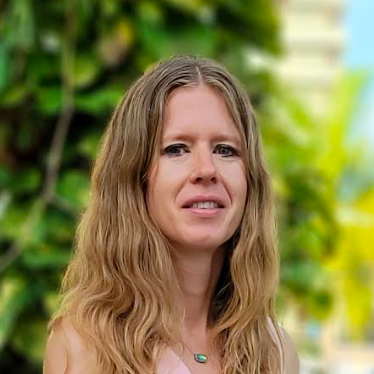
I’ve gone through my fair share of plant-based cookbooks in my life: quirky, bohemian guides, voluminous tomes of tofu and vegetables, and a few sensible sets of recipes. When I first became a vegetarian, mentioning the fact would prompt people to look at me curiously and then recite a long list of meats to see which one I’d eat. Thankfully, we’ve moved on. We now have a mind-boggling variety of plant-based products at our fingertips, but a quality vegan cookbook is still rare.
I recently reviewed a new one, Plant-Based on a Budget: Quick and Easy. Written by the blogger Toni Okamoto, this vegan cookbook — set to be released on March 13 — complements her vegan recipe website and existing collection of plant-based cookbooks. It starts with a guide to food storage, useful kitchen tools, and other ways to save time and money. The first recipe I tested was the vegan buttermilk biscuits; they were easy to make, buttery, and surprisingly delicious. The recipes in the book all followed this pattern: simple, quick, and tasty. Better yet, they required no unusual ingredients and were designed for busy cooks. At first glance, I was dubious these uncomplicated recipes would taste good, but I was proven wrong (time and time again)! Even the carnivorous members of my household enjoyed these dishes.
Why eat a vegan diet?
Tastiness aside, a vegan diet has a multitude of benefits. For starters, it's hardly news that it can be quite healthy. Studies have found that eating a healthy, plant-based diet can reduce your risk of heart disease, diabetes, high blood pressure and certain types of cancer. Vegetarians tend to have a lower body mass index than those who eat meat. It can also be an economical choice. It’s no wonder this diet has been rapidly growing in popularity in the U.S.
Vegan products also contribute to our economy. The plant-based food industry (which, to be clear, produces food without any animal products) is a fast-growing one. In the U.S., this industry contributed nearly $17 billion to the economy and created over 60,000 jobs. And global sales of plant-based dairy and meat are expected to reach $162 billion by 2030. On the other hand, a recent study, analyzing the number of premature deaths caused by air pollution, found that U.S. farms may cost more in health and environmental damage than they contribute to the economy.
The petite footprint of a vegan diet
A vegan diet is also beneficial for the planet. While producing plant-based food has a carbon footprint too, it’s much smaller than meat. Take, for instance, one of the worst types of meat for the planet: beef. Producing one pound of beef generates 57 times the amount of greenhouse gasses than a pound of potatoes does. Cattle emit methane, a powerful greenhouse gas. They also require large amounts of feed to grow, around 10 pounds of plant protein for each pound of beef, which releases additional greenhouse gasses. In addition to their sizable carbon footprint, livestock and dairy farms use copious amounts of water. Finally, they also produce large amounts of waste, some of which cause water pollution in surrounding areas.
All those emissions mean skipping meat is good for the planet, extremely so. A recent study found that phasing out animal agriculture over the next 15 years would cut carbon dioxide emissions by 68 percent by the end of the century. This one change would achieve half the greenhouse gas emission reductions needed to limit global warming to 2° C by 2100. That’s the minimum threshold required to avert the worst effects of climate change.
Eat your veggies
Given the availability of plant-based options over meat, it’s never been easier to eat lower on the food chain, which benefits the planet and your health. Even small actions, like eating plant-based products more often, are a step towards sustainability and a healthier environment. And it doesn’t need to be hard. Picking up a vegan cookbook, like Toni Okamoto’s, is a great way to incorporate more vegan dishes into your diet.
Image credits: Toni Okamoto

Ruscena Wiederholt is a science writer based in South Florida with a background in biology and ecology. She regularly writes pieces on climate change, sustainability and the environment. When not glued to her laptop, she likes traveling, dancing and doing anything outdoors.














